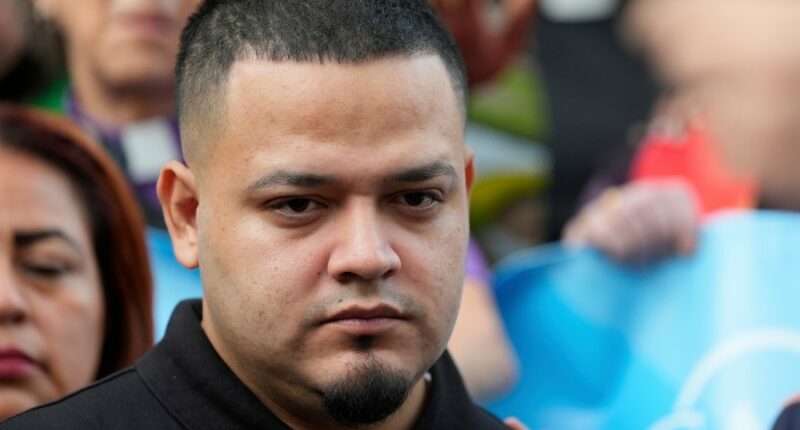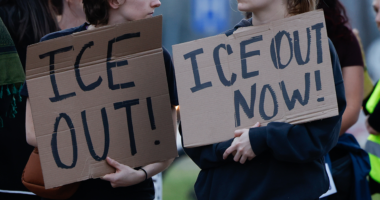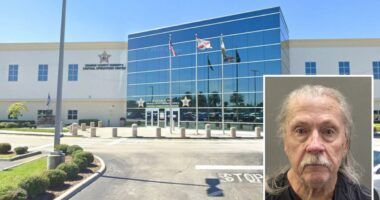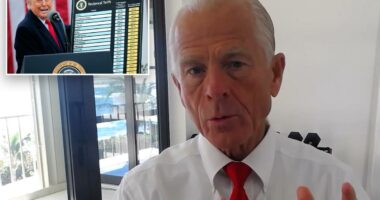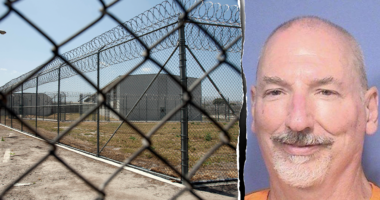Share this @internewscast.com

In the latest chapter of a contentious legal saga, the U.S. government intends to deport Kilmar Abrego Garcia to Liberia, potentially as soon as October 31, according to recent court documents. This decision comes after a tumultuous journey involving mistaken deportation, legal battles, and widespread criticism of U.S. immigration policies under the Trump administration.
Abrego Garcia, originally from El Salvador, found himself at the heart of national debate after he was erroneously deported to his home country—a move that violated a previous settlement agreement. The U.S. Supreme Court intervened, mandating his return to the United States in June. Due to the legal prohibition against sending him back to El Salvador, Immigration and Customs Enforcement (ICE) has been exploring alternative countries for his deportation, settling now on Liberia.
The situation took a legal turn when a federal judge in Maryland blocked his immediate deportation. Abrego Garcia’s lawsuit argues that the Trump administration is misusing deportation as a retaliatory measure for the embarrassment caused by his wrongful deportation.
The Department of Homeland Security, in a filing, highlighted Liberia as a suitable destination, describing it as a “thriving democracy” with strong ties to the U.S. The filing emphasized Liberia’s English-speaking populace, constitutional protections for human rights, and commitment to refugee welfare, suggesting these factors make it an appropriate choice for deportation.
However, Abrego Garcia’s legal team, led by attorney Simon Sandoval-Moshenberg, criticized the decision. “After unsuccessful attempts with Uganda, Eswatini, and Ghana, ICE now proposes Liberia, a nation with which he has no ties, far from his family in Maryland,” Sandoval-Moshenberg stated. He pointed out that Costa Rica is willing to accept Abrego Garcia as a refugee, offering a more humane and lawful option. The attorney condemned the current course of action as punitive and unconstitutional, designed to inflict undue hardship.
Abrego Garcia’s personal life adds further complexity to the case. He has an American spouse and child and has resided in Maryland for years. His immigration to the U.S. as a teenager was unauthorized, yet in 2019, an immigration judge acknowledged the dangers he faces from gangs in El Salvador and granted him protection from deportation there. Concurrently, he is pursuing asylum in the U.S. through immigration court proceedings.
Additionally, Abrego Garcia is facing criminal charges in federal court in Tennessee, where he has pleaded not guilty to human smuggling. He has filed a motion to dismiss the charges, claiming the prosecution is vindictive.
